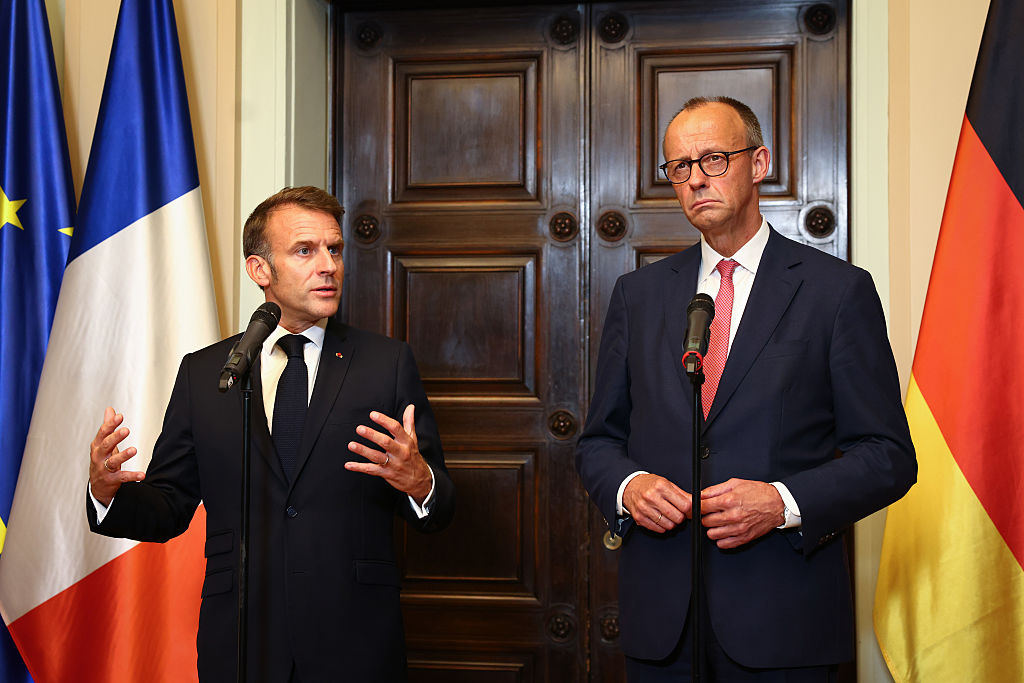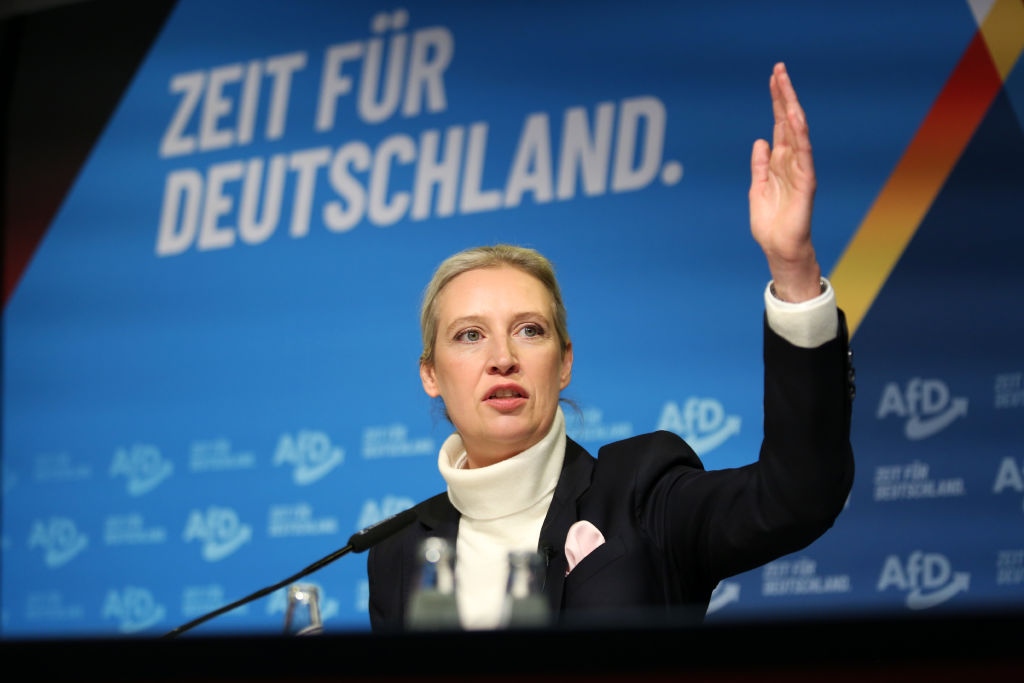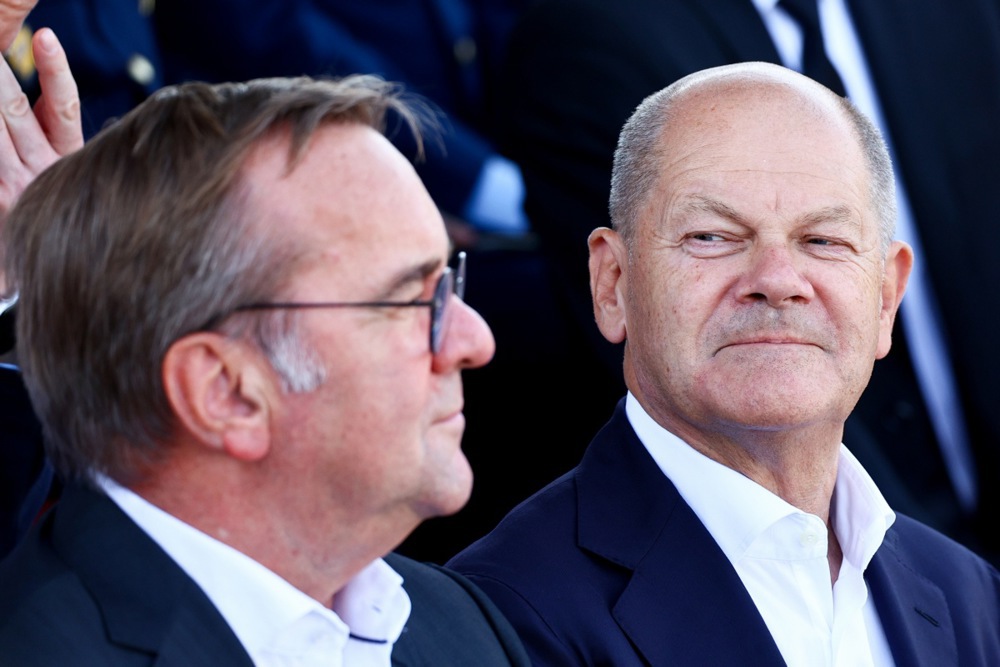Friedrich Merz’s first 100 days as Germany’s Chancellor were poorly received by voters, who rate him lower than his predecessor, Olaf Scholz.
According to the latest Insa survey, reported on August 9 by newspaper Bild Am Sonntag, 59 per cent of respondents were dissatisfied with the Christian Democrat’s work and only 30 per cent satisfied.
That is far worse than how people viewed the Socialist Scholz’s first 100 days, when 43 per cent of respondents were satisfied and 41 per cent dissatisfied.
Insa found that 27 per cent of respondents rated Merz worse and only 26 per cent as better than Scholz.
The same was true for the current government coalition of the Christian Democratic Union (CDU) and Social Democratic Party (SPD).
Only 27 per cent of those surveyed were satisfied with the coalition, while 60 per cent of Germans were dissatisfied with the government.
In 2022, after 100 days of Scholz in power, a relative majority of people were satisfied with his work, with only 41 per cent of respondents expressing a negative outlook.
That changed when the war in Ukraine broke out and economic hardship hit Germany, causing Scholz’s numbers to collapse.
In the end, Scholz left as an extremely unpopular chancellor.
Merz’s own government has been marked from the beginning with the breaking some crucial election promises to win over the SPD in forming a government.
He dropped the debt ceiling, did not cut certain taxes and went took a softer line on illegal migration among other things.
To make matters worse, in a historic and embarrassing first, Merz failed to garner enough votes in the Bundestag to become chancellor of Germany in the first round.
Only after a hastily scheduled second round he could avert a bigger crisis.
Under his reign, Germany has continued to struggle economically.
The number of German old-age pensioners relying on social welfare has risen by 32 per cent since 2020, to a record 742,000. One-third of the recipients are not German citizens. https://t.co/TIQv6oR9rU
— Brussels Signal (@brusselssignal) July 28, 2025
Over the weekend of August 9-10, a new crisis seemed to unfold, with Merz having announced a weapons export embargo to Israel, causing a major backlash within his party.
Previously, Merz had attacked Scholz for refusing to help Israel “when it urgently needed to exercise its right to self-defence”.
Markus Söder, the leader of the CSU, the Bavarian wing of the CDU, said the latest announcement by Merz was a serious mistake.
Söder said the Chancellor should revise his position and drop sanctions against Israel.
Merz also bypassed the foreign policy experts of his own parliamentary group by directly speaking to the media about a possible embargo on Israel, ignoring prior agreements not to speak out further on the issue.
Historically, the CDU has always emphasised strong bilateral relations with Israel, viewing it as a key democratic ally in the Middle East.
For some time now, though, Germany has not supplied Israel with weapons or ammunition used in Gaza and this list has expanded.
In a paper by the Chancellery, it was explained that Germany was committed to Israel and opposed the Hamas terrorists but it also stated that the escalation of violence contributed “to the exacerbation of social conflicts in Germany and Europe”.
According to Bild, this caused outrage with the CDU, as it was interpreted as bowing to Islamist and radical Left mobs on the streets.
Merz claimed nothing has changed in the “principles of German Israel policy” but that it was in opposition to Israeli plans of occupying Gaza, which could, he said lead to even more mass casualties.
The popularity of Germany’s Chancellor Friedrich Merz has dropped to a new low since he took office on May 6. https://t.co/9ZB0PdX11K
— Brussels Signal (@brusselssignal) July 24, 2025





